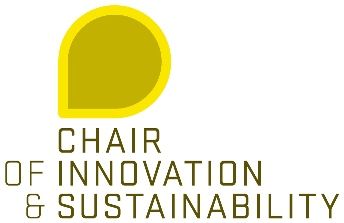Quantifying CleanTech Startups

Through scientific and applied research, the Borderstep Institute contributes to future-oriented solutions and innovations that are economically successful, supportive to climate protection and the conservation of natural resources, and embody the societal responsibility of economic actors.
One of its key players, Dr. Severin Beucker, co-founder of the institute, sat down with me in a lovely park in Santa Barbara that I use as a kind of outdoor office, and asked a series of questions designed to help Germany’s Ministry of Economy and Environment better quantify the amount of innovation in cleantech coming from start-ups. How many such start-ups are there in a given industry segment? Where are the sources of these numbers? How reliable are they?
Unfortunately, I don’t think I was much help. Though I reeled of half a dozen or so websites that routinely cover matters like these, I explained that I frankly don’t see too much value in the question itself. Here’s the example I gave Severin: Let’s imagine that, through some means, I could tell you with a good level of certainty that there are 256 start-ups in micro-wind, or BIPV (building-integrated photovoltaics), or some such. Here are questions I most certainly will NOT be able to answer: How successful are they right now? How successful are they likely to be in two years? Five years? Are they participating in an industry segment that has long-term value, or is it a flash in the pan? Does the company itself have a differentiatable solution that offers real customer value? Does it propose to build a commodity at the competitive price? Is there IP protectable, or will it be ripped off by the Chinese next week? Will their product succeed on its own merits? With government incentives? Not at all?
I understand that the Germans are characteristically a very analytical sort, and I admire that about them. But, though I was honored to have been selected, and happy to try to help, I’m not sure how valuable the analysis here is going to be. Having said all this, their hearts and minds are most certainly in the right place. The concept of government’s driving innovation in cleantech is extremely solid and laudable; I sure wish we could get some of that going on over on this side of the Atlantic.
